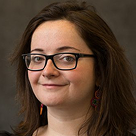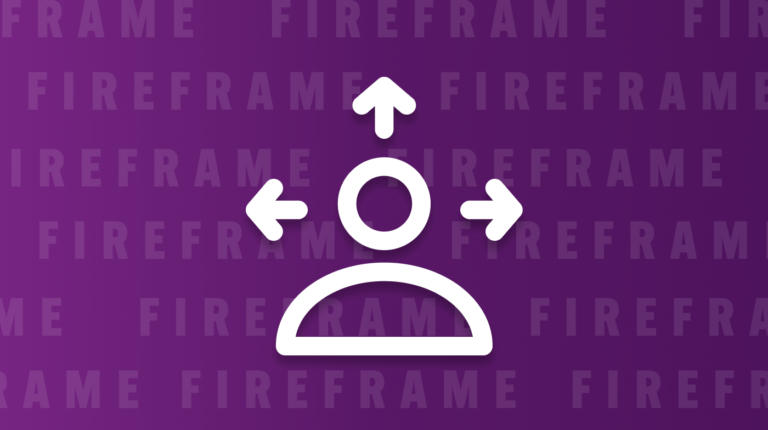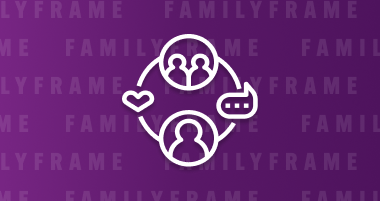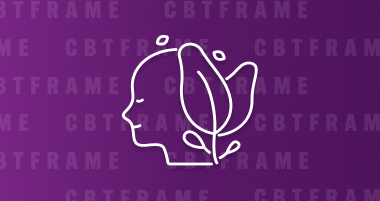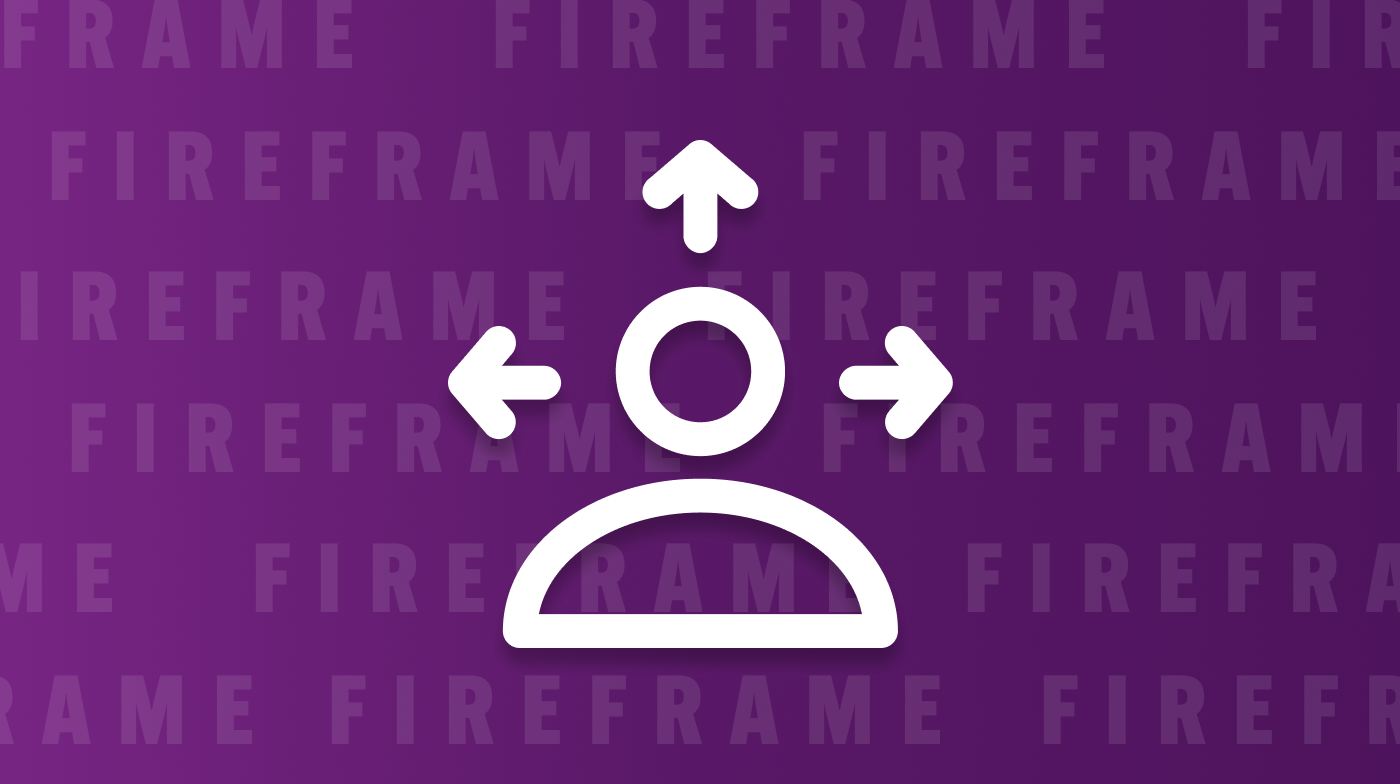
FIREFrame
Self-Paced
FIREFrame: Family Involvement and Recovery Education Online Course is a 1.75 credit (ASWB/ACE and NBCC) comprehensive self-paced training. FIREFrame provides brief descriptions of each of the 14 therapeutic techniques followed by exemplar statements and short video-based modeling demonstrating ways to assess and bolster youth recovery capital and prioritize involvement of concerned significant others in their treatment and medication decision making. These video vignettes feature therapists re-enacting real life therapy sessions with youth clients and their families. Each video vignette is followed by a short coding activity focusing on the recognition and rating of extensiveness of the techniques, as well as a technique application activity in which learners are presented with a brief scenario and specific technique and asked to select the technique-appropriate therapist response. Immediate feedback is provided for each exercise with evidence for which techniques were displayed.
The course includes an hour-long introduction to the techniques followed by 20 exercises that each take about 10 minutes to complete.
Learn more about the different ways we offer this course:

Individual
$300 per user

Group Bundle
Bundled pricing for groups also available.

Live Virtual Workshop
Read more about our additional workshop offering and contact us about pricing.
CE credits offered:
ASWB (2.75 credits)
NBCC (2.75 credits)
Course Overview
FIREFrame (Family Involvement and Recovery Education) is an online self-paced training built around core principles from family therapy, cognitive behavior therapy, and motivational interviewing. This training uses video-based modeling with each module including brief didactic information on a selection of the FIREFrame techniques and a 5-8 minute video vignette featuring therapists re-enacting real life sessions with youth clients and their families. The vignette is followed by a short coding activity focusing on the recognition and rating of extensiveness of FireFrame techniques plus immediate feedback providing evidence for which techniques were displayed.
Learning Objectives
After attending this course, participants will be able to:
- Describe the conceptual bases behind the Family Involvement and Recovery Education (FIREFrame) techniques.
- Recognize and differentiate between the FIREFrame techniques.
- Demonstrate the ability to observationally code the FIREFrame techniques on a five-point scale as they occur in mock video sessions.
- Give examples of how a relational orientation can be applied to your work as a treatment provider.
- Express the clinical benefits of involving loved ones in Opioid Use Disorder (OUD).
- List specific treatment techniques for engaging loved ones in OUD treatment.
- Define specific techniques for engaging loved ones in OUD treatment goals and recovery planning<./li>
- Recognize the advantages of working with loved ones in session.
- Apply clinical techniques related to recovery and relationship building skills.
- Demonstrate the ability to frame OUD relationally.
- Describe the benefits of including OUD and MOUD psychoeducation in treatment.
Agenda
FIREFrame Introduction
1 hour 30 minutes
This self-paced webinar portion of this course provides an introduction to each of the FIREFrame techniques featured in exercises to follow.
FIREFrame Materials
Within the materials tab, you can find a PDF version of the FIREFrame handbook which provides a more in depth description of each of the FIREFrame techniques. You may refer to this at any time as you navigate through the course.
FIREFrame Exercises
25 exercises total
10 - 15 minutes per exercise
Each exercise is structured as follows:
- Brief didactic information on a selection of 3 FIREFrame techniques.
- A 5-8 minute video vignette showing a mock family therapy session featuring real therapists and actors playing family members.
- A short coding activity asking participants to recognize techniques and rate extensiveness, followed by immediate feedback including exact therapist statements from the video as evidence.
Instructor
Completion & Continuing Education (CE) Information
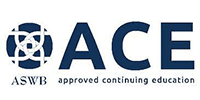
- Partnership to End Addiction,[provider number], is approved as an ACE provider to offer social work continuing education by the Association of Social Work Boards (ASWB) Approved Continuing Education (ACE) program. Regulatory boards are the final authority on courses accepted for continuing education credit. ACE provider approval period: [dates].
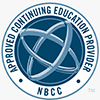
- Partnership to End Addiction ACEP 7655 is recognized by the National Board of Certified Counselors as an approved provider of continuing education for licensed counselors.
Course Completion & Continuing Education (CE) Information
- Participants must complete the entire course to receive CE credits.
- Post-test to be completed immediately after course completion within the Learning Management System.
- Participants must earn a score of 65% or higher in order to receive CE credits. If participants score below 65%, they will have the opportunity to retest up to 2 times.
- The course evaluation must be completed for participants to be eligible to receive CE credit.
- Eligible participants will receive CE credit certificates via email within 14 business days. Certificates of completion are distributed by email only.
For any additional information related to subject matter, coding activities, comments, or problem resolution, contact our team at Academy@toendaddiction.org
Pricing Information
For this asynchronous training, registration is automated through the Learning Management System with no date-related restrictions.
Individual users can register here.
Our Refund Policy, Cancellation Policy, and Accessibility Accommodations:
- Full refunds are issued only if a training is canceled by Partnership to End Addiction or at the discretion of Partnership to End Addiction based on written request;
- For partial refund of a Partnership to End Addiction training, registrants must withdraw prior to beginning the course.
We value inclusion and access for all participants and have worked to design the training for a variety of learners. Content includes captioned audio materials. If you need to request special accommodations, please contact Academy@toendaddiction.org
We value inclusion and access for all participants and have worked to design the training for a variety of learners. Content includes captioned audio materials. if you need to request special accommodations, please contact Academy@toendaddiction.org
For larger groups or cohorts, please email Academy@toendaddiction.org for more information on packages and pricing.
Course Interactions
This course is completely self-paced. Course questions can be directed to: Academy@toendaddiction.org
System requirements
- Operating Systems: Windows XP or higher, MacOS 9 or higher, Android 4.0 or higher.
- Internet browser: Internet Explorer 9.0 or higher, Google Chrome, Firefox 10.0 or higher.
- Broadband Internet connection: Cable, High-speed DSL & any other medium that is internet accessible.
- Media viewing requirements:HTML5
This course was last updated in March 2024.



